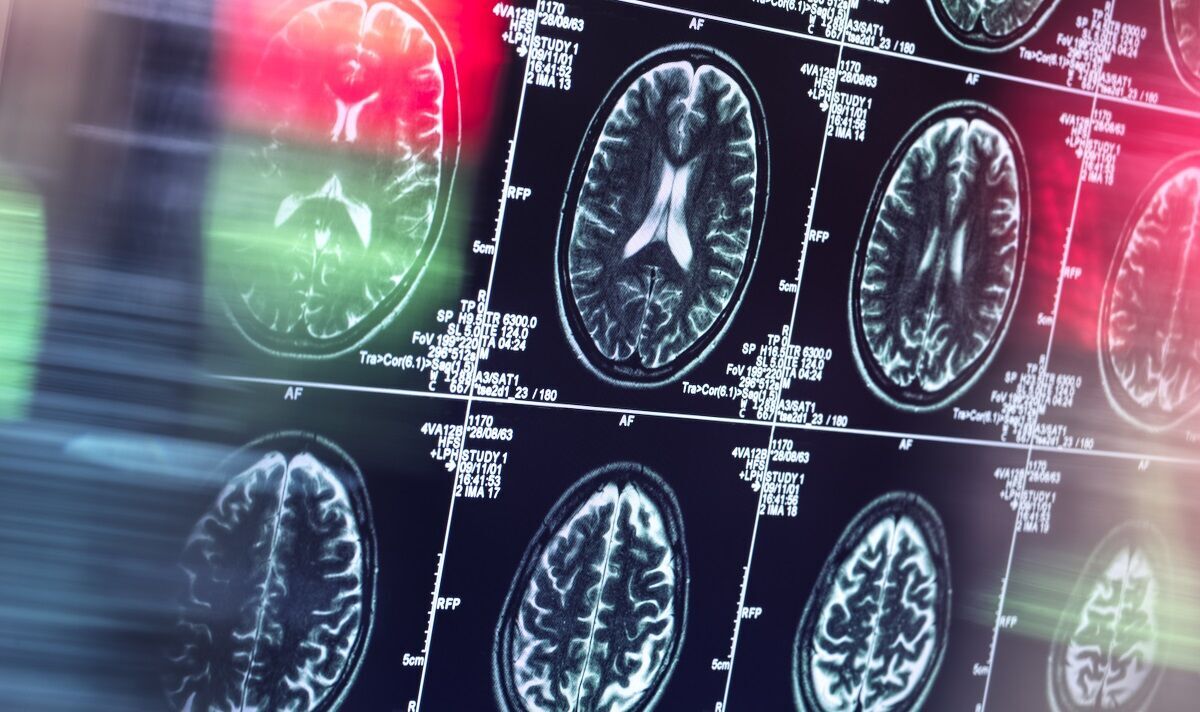
Early onset dementia detailed by NHS expert
Dementia diagnosis rates fell to a five-year low, prompting campaigners to call for renewed focus in tackling one of the UK’s biggest health crises.
The brain-wasting condition is now the biggest killer and failure to spot it means tens of thousands are not benefitting from vital treatment, care and support.
James White, of Alzheimer’s Society, said: “Dementia is the biggest health challenge of our time but not enough of a priority for policymakers or decision makers.
“Research remains chronically underfunded. The last 12 months has given us hope, with two potentially game-changing new drugs to slow down the progression of Alzheimer’s.”
Mr White said the allocation of funding must be strategic to “maximise the value of the investment”.

He added: “We need more accurate and timely dementia diagnosis in the NHS for people today, as well as developing innovative diagnostic techniques, and an overhaul of how we diagnose people for the future. We can’t be in a situation where new drugs are being approved but people can’t access them early enough for the drugs to help.”
Sobering statistics reveal one in three born today will develop dementia, which is currently incurable.
It is classed as a social, rather than health care issue, with sufferers forced to pay for specialist assistance. Many are forced to sell their homes.
Britain’s welfare state is based on National Insurance contributions, yet no money is set aside to fund social care. In England, anyone with assets over £23,250 has to cough up.
Those affected, including families, receive no help, paying eye-watering sums out of life savings and assets.
Samantha Benham-Hermetz, of Alzheimer’s Research UK, said the data is a “stark reminder” of the “far-reaching” effects dementia has.
She added: “Our most recent survey showed that two in 10 people are unaware dementia is a cause of death, yet last year it claimed nearly 66,000 lives in England and Wales alone.
“And despite its devastating impact, there are still no treatments available on the NHS that can slow or stop it.
“We must learn from the lessons of Covid and speed up finding new ways to treat, diagnose and prevent dementia. Sustained investment from the Government is vital to achieve this.”
We use your sign-up to provide content in ways you’ve consented to and to improve our understanding of you. This may include adverts from us and 3rd parties based on our understanding. You can unsubscribe at any time. More info
Source: Read Full Article